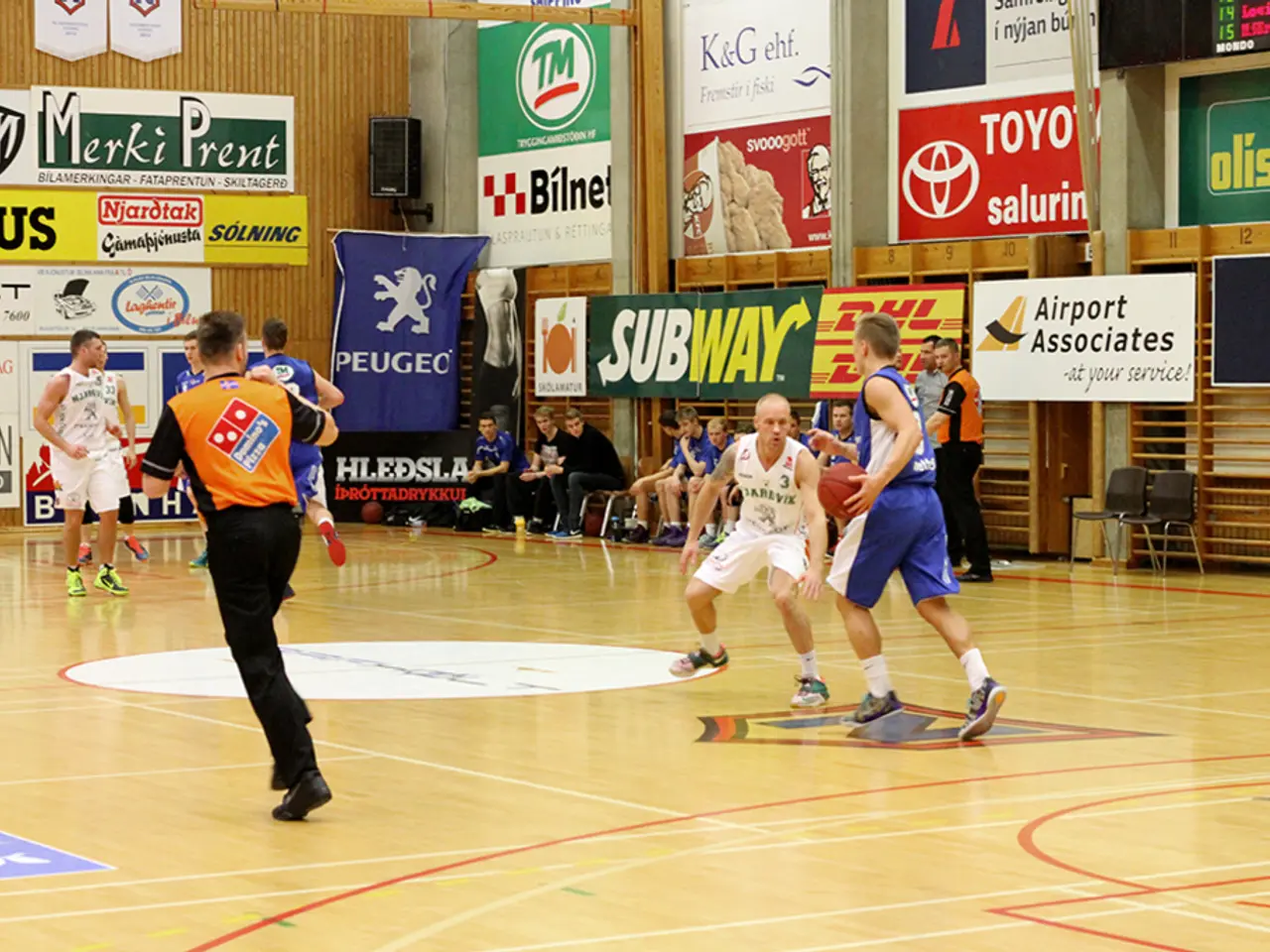Balcony-based Renewable Energy Systems Remain in High Demand
The growth in the number of balcony power plants in Germany has been remarkable, with over 220,000 additional facilities reported in the first half of the year, bringing the total to more than 780,000 operational units as of now[1]. This surge is attributed to several key factors, including government incentives, technological advancements, increasing energy costs, and reduced bureaucracy.
Germany has implemented policies such as feed-in tariffs and tax incentives to encourage small-scale solar adoption. These policies have simplified installation rules, making it easier for individuals to install solar systems on their balconies[3][4]. Improvements in solar panel technology, such as flexible and lightweight designs, have made balcony systems more practical and efficient for space-limited urban areas[3].
Rising energy costs and growing awareness of sustainability have prompted more people to seek alternative energy sources. Balcony power plants offer a convenient way for apartment dwellers to reduce their dependence on traditional energy grids[3]. Recent changes, such as the Solar Package I, have reduced bureaucratic hurdles for installing small-scale solar systems, making it easier for individuals to participate in the energy transition[1].
However, it's important to note that the actual number of balcony power plants in Germany could exceed 1,200,000 when accounting for late reports and unreported facilities[2]. This is because there is a one-month grace period for late reports, and not all facilities are reported to the Federal Network Agency, suggesting some facilities remain unaccounted for[3][4].
The growth in balcony power plants is consistent with the previous year's rate and is expected to continue, given the ongoing legal simplifications and increasing interest in renewable energy sources[5]. This growth is a sign of Germany's commitment to renewable energy and energy independence[6].
This rapid expansion of balcony power plants in Germany is a testament to the country's dedication to sustainable energy solutions and a model for other nations to follow. As the technology continues to improve and government incentives remain in place, we can expect to see this trend continue in the coming years.
References: [1] ZDFheute, (2022). Wachstum von Balkon-Sonnenanlagen in Deutschland. Retrieved from https://www.zdf.de/nachrichten/umwelt/wachstum-von-balkon-sonnenanlagen-in-deutschland-100.html [2] ZDFheute, (2022). Sonnenanlagen auf Balkonen: Wie viele gibt es wirklich in Deutschland? Retrieved from https://www.zdf.de/nachrichten/umwelt/sonnenanlagen-auf-balkonen-wie-viele-gibt-es-wirklich-in-deutschland-100.html [3] Bundesverband Balkonsolar e.V., (2022). Balkonsolar – Einfach gemacht. Retrieved from https://balkonsolar.de/ [4] Bundesnetzagentur, (2022). Balkon-Sonnenanlagen. Retrieved from https://www.bundesnetzagentur.de/DE/Service/FAQ/Elektrizitaet/Balkonsolaranlagen/balkonsolaranlagen.html [5] Bundesministerium für Wirtschaft und Klimaschutz, (2022). Sonnenanlagen auf Balkonen. Retrieved from https://www.bmwk.de/DE/Themen/Energiewende/Sonnenenergie/Sonnenanlagen-auf-Balkonen/sonnenanlagen-auf-balkonen.html [6] Bundesregierung, (2022). Die Energiewende in Deutschland. Retrieved from https://www.bundesregierung.de/breg-de/themen/energie-und-klimaschutz/energiewende-in-deutschland-1845642.html
Other factors influencing the growth of the renewable-energy industry in Germany include finance, with government policies such as feed-in tariffs and tax incentives facilitating the acquisition of solar systems. This financial support, combined with the ease of installation and increasing interest in renewable energy sources, is helping to drive the expansion of balcony power plants.
Given the ongoing legal simplifications and improvements in renewable energy technology, it is expected that there will be a continuous increase in the number of balcony power plants in Germany, further stimulating the growth of the renewable-energy industry and contributing to the country's commitment to energy independence.




